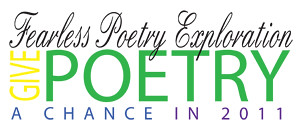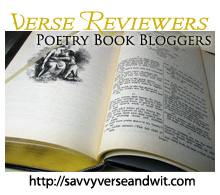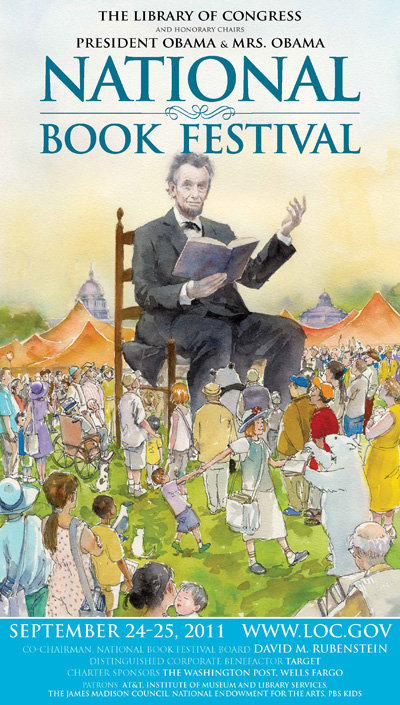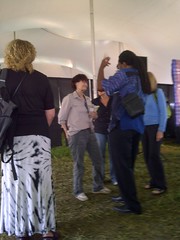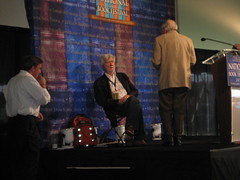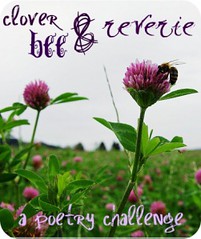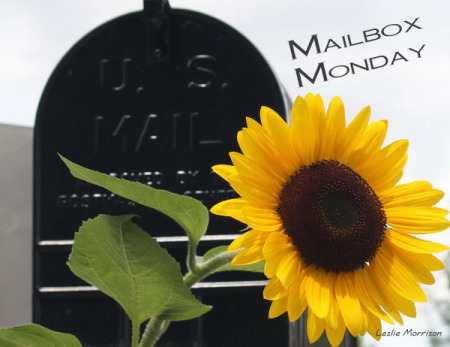 Mailbox Monday has become a tradition in the blogging world, and many of us thank Marcia of The Printed Page for creating it.
Mailbox Monday has become a tradition in the blogging world, and many of us thank Marcia of The Printed Page for creating it.It now has it’s own blog where book bloggers can link up their own mailbox posts and share which books they bought or which they received for review from publishers, authors, and more.
Leslie, Martha, and I also will share our picks from everyone’s links in the new feature Books that Caught Our Eye. We hope you’ll join us.
Here’s what we received:

A journal to stop the bullsh*t and seize the f*cking day―the perfect undated journal for every thought, list, note, or entry!
Packed with profanity and the IDGAF spirit, this is the perfect journal to say it like it is and get back to what matters. Finally ditch the anxiety, shake off the stress, and take a moment each day to focus on the number one f*cking person in your life―you! Based on the bestselling Carpe F*cking Diem Planner, this is the perfect undated journal to replace your tired old notebook and up your stationery game.
With journal pages, space for list-making, and laugh-out-loud swears, this is the journal that encourages you to embrace the c’est la f*cking vie attitude and focus on your happiness.
Hilarious and with a self-care attitude that tells you to take a damn nap and eat that f*cking ice cream, this is the perfect gift for the sweary person in your life and the ideal journal to carry with you all damn day.
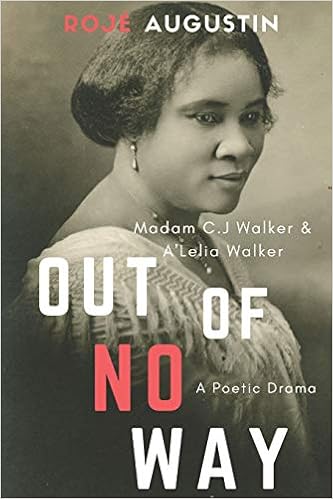
Author, producer, and emerging poet Rojé Augustin has written a groundbreaking debut collection of dramatic poems about hair care entrepreneur Madam C.J. Walker and her daughter, A’Lelia. Rojé’s singular and accomplished work is presented through the intimate lens of the mother-daughter relationship via different poetic forms — from lyric to haiku, blackout to narrative. (One poem takes its inspiration from Edgar Allan Poe’s The Raven.) Written in tribute to Walker, Out of No Way deftly and beautifully explores themes of race, motherhood, sacrifice, beauty, and the meaning of success in Jim Crow America.
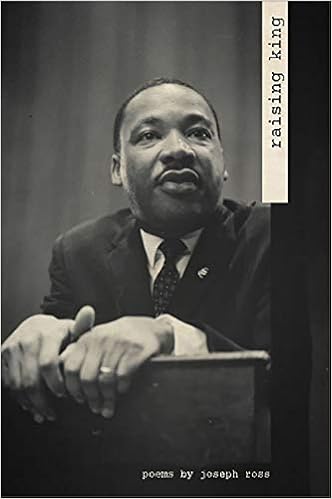
Poetry. RAISING KING urges readers to walk beside Dr. Martin Luther King, Jr. from Montgomery to Memphis, past police dogs, mobs, and fire hoses. Listen to his thoughts, hopes, and fears. You’ll also hear from heroes including Abernathy, Shuttlesworth, and Coretta Scott King.-Joseph Ross
In his beautiful collection of poems evoking the spirit of the Civil Rights Movement, Joseph Ross offers his readers hope and inspiration for our own difficult times. These poems call us to revive our courage, moral convictions, and belief in the ultimate redemption of humanity.-Susannah Heschel

New and selected poems from the Pulitzer Prize–winning poet
These songs run along dirt roads
& highways, crisscross lonely seas
& scale mountains, traverse skies
& underworlds of neon honkytonk,
Wherever blues dare to travel.Everyday Mojo Songs of Earth brings together selected poems from the past twenty years of Yusef Komunyakaa’s work, as well as new poems from the Pulitzer Prize winner. Komunyakaa’s masterful, concise verse conjures arresting images of peace and war, the natural power of the earth and of love, his childhood in the American South and his service in Vietnam, the ugly violence of racism in America, and the meaning of power and morality.
The new poems in this collection add a new refrain to the jazz-inflected rhythms of one of our “most significant and individual voices” (David Wojahn, Poetry). Komunyakaa writes of a young man fashioning a slingshot, workers who “honor the Earth by opening shine / inside the soil,” and the sounds of a saxophone filling a dim lounge in New Jersey. As April Bernard wrote in The New York Times Book Review, “He refuses to be trivial; and he even dares beauty.”

Literary Nonfiction. Religion. First we have to talk about the elephant in the room–though that might not be the most polite term for Jesus! For many millions of people around the world, Jesus is the Son of God, the divine source of their salvation, his story told in the familiar four gospels of the Bible, and any tampering with that story understandably will be met with suspicion, distrust, even hostility. So let’s begin with what this book isn’t. H. L. Hix covers this in detail in his Introduction to “The Gospel,” but for now it’s enough to say that this isn’t Jesus Christ, Superstar, or The Last Temptation of Christ. Nothing in this Gospel secularizes or desacralizes Jesus Christ. You don’t get less of the divine Jesus here, you get more. That’s because Hix has gone back to the original source materials, both the canonical and noncanonical gospels and histories and stories of the life of Jesus, and created out of them a single, more comprehensive and nuanced narrative. A good analogy is to film editing. Most movie directors shoot more film than ever makes it into the version we see on the screen, film that ends up on the editing room floor, the result of commercial decisions often far removed from the director’s vision of the film. Occasionally the director gets the chance to re-edit the film to restore that lost material, producing a “Director’s Cut” that may be very different from the commercial film release. So we can think of “The Gospel” as an ultimate “Director’s Cut” of the story of Jesus, with all of those bits that didn’t make the official version (edited by early church leaders to serve a specific agenda) at last restored. Something for those enthusiasts who want to dig deeper, to know more. But that’s not all he’s done. Among other virtues of his “Gospel,” Hix has restored the meanings of essential words as they would have been understood by contemporary audiences when the source materials were first written, overcoming what he calls “translation inertia”, the tendency to retain a translation over time even after the sense of the word has changed for current readers. Thus “Lord” becomes “Boss”, and the apostles “apprentices”, changes that allow for a novel understanding of the role of Jesus and of believers’ relationship to him. Also of crucial importance, Hix has eliminated gendered language wherever possible, in the process inventing new terms that decouple our understanding of Jesus and divinity from the limitations of gendered human bodies and relationships. Thus “Son” becomes “Xon”, for example, a form of literary transubstantiation that renders the divine even more transcendent, in the process opening the Gospel and its promise of salvation to greater inclusivity. Gospel, of course, means “good news.” And the very good news of THE GOSPEL ACCORDING TO H. L. HIX for believers and for non-believers alike, is that what has been called “the greatest story ever told,” the life of Jesus, just got greater.
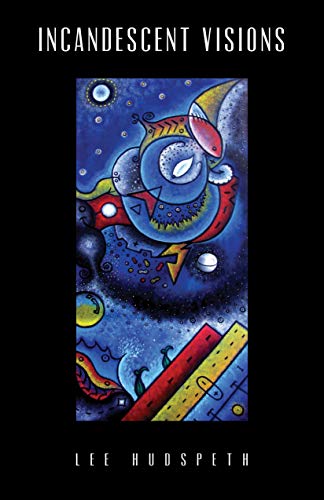
Having written numerous works of nonfiction, this is Lee Hudspeth’s debut book of poetry. Incandescent Visions explores the meaning of the human experience, as the author encourages his readers to ponder the universe and their place within it and to catalyze their own creative potential. From the sublime shores of the Mediterranean to the majestic expansiveness of deep space, this book contemplates nostalgia, perspective and the gift of love. Through five short yet powerful, thought-provoking chapters of contemporary poems—and a dash of elegant, evocative haiku—Hudspeth takes his readers on a journey across the inner landscape of struggle, triumph, self-realization, and imagination.
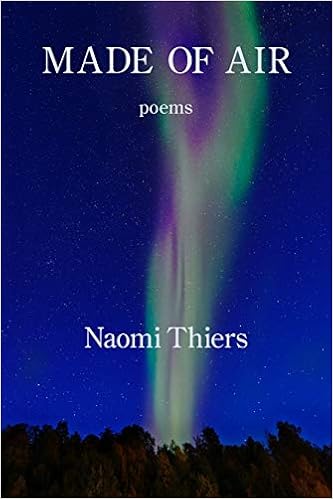
The poems in Made of Air argue for a deeper, more woman-centric definition of courage, a courage borne of the long haul. There are poems on the deaths of loved ones and mothering a teenager. One remarkable sonnet relates how a mother makes a U-turn off a ramp just before a bridge collapses in an earthquake. These poems celebrate the lives of women and girls and commemorate the daily ways they navigate through potential disaster—and come through dancing.
Kim Roberts, editor of By Broad Potomac’s Shore: Poems from the Early Days of Our Nation’s Capital and author of five poetry collections, including The Scientific Method
Naomi Thiers shows women and girls who hold things together. From the “cliff-high condo where we eat” to those sheltering in “a concrete pocket of unremarkable hidden things,” her characters emerge, vulnerable as a flame in a dry season. Like Thiers’ previous collections, her new work transfigures ordinary, “silenced people,” as Tillie Olsen called them, “consumed in the hard, everyday essential work of maintaining human life.” Can we bear to look at who we are now? Thiers’ poetry says yes—and we must, to help each other hold together.
Rose Marie Berger, Senior Editor, Sojourners magazine and author of Bending the Arch: Poems
Naomi Thiers’ Made of Air is a story of courage—or, more to the point, many such stories. It is a chronicle of endurance: the “ordinary women” in the book’s first section endure homelessness, illness, abuse, the murder of their children, and in doing so, become extraordinary. Thiers’ compassion and insight shine through in language that is vivid and luminous. The ending of her poem “Old People Waking” sums up the theme of the entire book: “And if everything hurts, it means / the current is flowing; we hiss inside: / Live. Live.”
Miles David Moore, author of The Bears of Paris and founder of the IOTA Poetry Series

In this follow-up to his earlier chapbook, Not Quite: Poems Written in Search of My Father (FLP, 2015), Luther Jett confronts the ephemeral nature of our lives, the process of grief, and the endurance of memory. Jett draws upon recollections of family, as well as historical events and forces to weave a tapestry of image and reflection. Loss “… comes with the ticking of clocks …” the author reminds us in his title poem, “… and that is why the ocean tastes of tears.” Jett writes of ghostly grandfather clocks that walk in the night, of forgotten toys scattered in an unmown lawn, of the importance and the hidden dangers of holding on to memory. “What can I sing to tell your feast?” Jett asks in the poem “Seamus”, adding in his later poem, “One by One”, “I chant the names of things long after they have gone.”
Maryland’s Poet Laureate, Grace Cavalieri says of Jett’s work: “[N]ever have the dead been more alive …. Subtle and intelligent stories, realized through the power of Jett’s voice, make life appear on every page.” In this time of world-wide pandemic and upheaval, “Everyone Disappears” may take on additional resonance as we grope for understanding in the face of tragedy and uncertainty.

In the stirring, highly anticipated first volume of his presidential memoirs, Barack Obama tells the story of his improbable odyssey from young man searching for his identity to leader of the free world, describing in strikingly personal detail both his political education and the landmark moments of the first term of his historic presidency—a time of dramatic transformation and turmoil.
Obama takes readers on a compelling journey from his earliest political aspirations to the pivotal Iowa caucus victory that demonstrated the power of grassroots activism to the watershed night of November 4, 2008, when he was elected 44th president of the United States, becoming the first African American to hold the nation’s highest office.
Reflecting on the presidency, he offers a unique and thoughtful exploration of both the awesome reach and the limits of presidential power, as well as singular insights into the dynamics of U.S. partisan politics and international diplomacy. Obama brings readers inside the Oval Office and the White House Situation Room, and to Moscow, Cairo, Beijing, and points beyond. We are privy to his thoughts as he assembles his cabinet, wrestles with a global financial crisis, takes the measure of Vladimir Putin, overcomes seemingly insurmountable odds to secure passage of the Affordable Care Act, clashes with generals about U.S. strategy in Afghanistan, tackles Wall Street reform, responds to the devastating Deepwater Horizon blowout, and authorizes Operation Neptune’s Spear, which leads to the death of Osama bin Laden.
A Promised Land is extraordinarily intimate and introspective—the story of one man’s bet with history, the faith of a community organizer tested on the world stage. Obama is candid about the balancing act of running for office as a Black American, bearing the expectations of a generation buoyed by messages of “hope and change,” and meeting the moral challenges of high-stakes decision-making. He is frank about the forces that opposed him at home and abroad, open about how living in the White House affected his wife and daughters, and unafraid to reveal self-doubt and disappointment. Yet he never wavers from his belief that inside the great, ongoing American experiment, progress is always possible.
This beautifully written and powerful book captures Barack Obama’s conviction that democracy is not a gift from on high but something founded on empathy and common understanding and built together, day by day.
What did you receive?


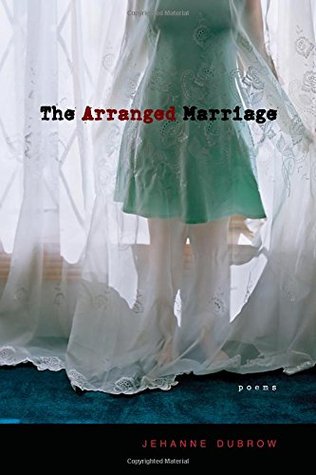






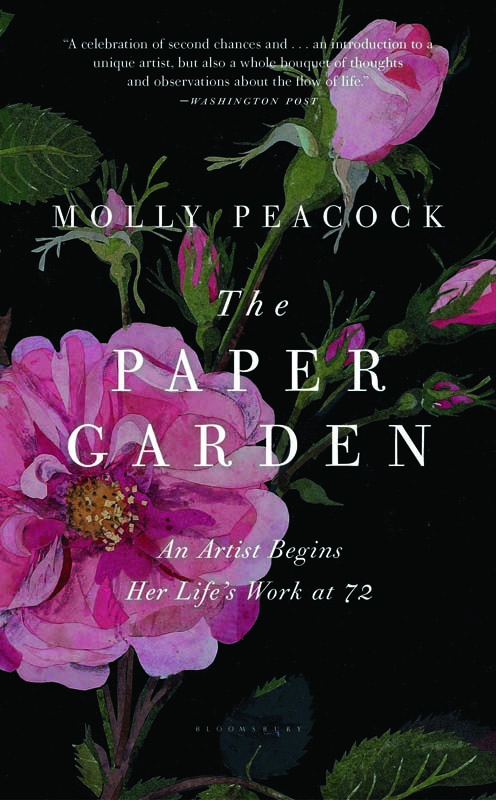
 About the Poet:
About the Poet: